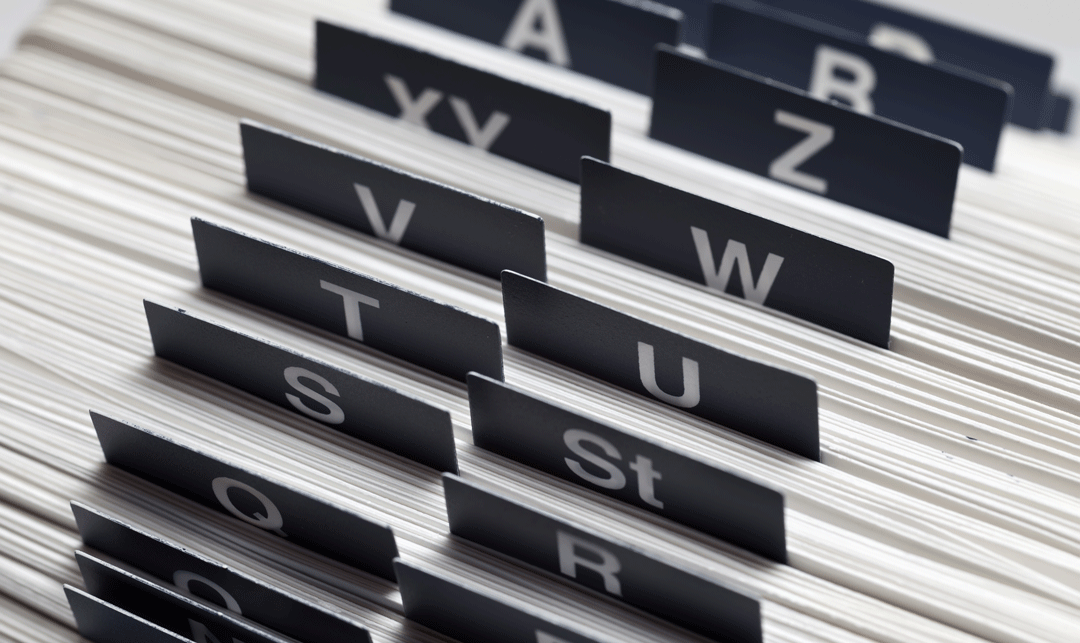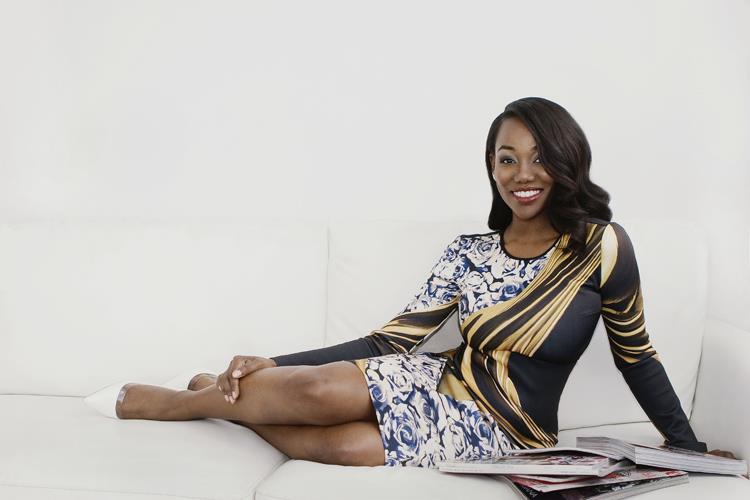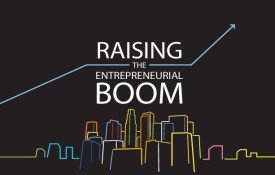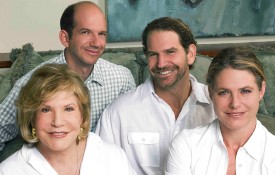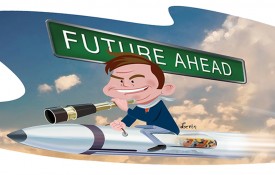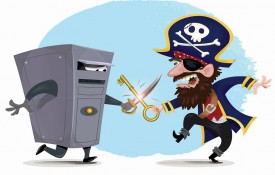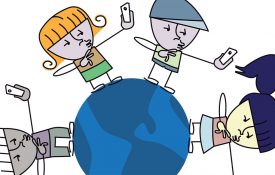My startup journey was pretty brutal. There was a lot I didn’t know. I was on Shark Tank, and it was not a great experience. I remember after that I cried on every subway in New York for about six weeks. Our app had a lot of technical debt, which turned into my personal debt, which is when I had to close in 2016.
I was so broke. I had borrowed so much money from my family at this point, I was just too ashamed to ask for any more. I remember for months I would go up my fifth-floor walkup, every day, expecting, “This is going to be the day,” preparing myself mentally. “I’m going to have to sleep on the street tonight.” More than anything in my entire life journey, my existence with poverty changed me the most on a core level, on a fundamental wiring of understanding who I am, my dignity, respect, safety as a human. All of that is constantly on your mind when you do not have money to eat, or to get on the subway. It was such a tough time. There was nothing else to think about except how I’d failed, how much in debt I am in. I couldn’t go home. I was beating myself up relentlessly, constantly.
I called the suicide hotline a couple of times just because the thoughts would not stop. They were the best conversations I’ve ever had. I get emotional thinking about it because, in 20 minutes, I could just get the thoughts out of my body. I could get the energy out of my body. I could hear that they were solvable problems. I’m so grateful to the suicide line because they could just turn somebody’s day around like that.
People in deep pain are actually at their most powerful. When you’re truly at that rock bottom, there’s nothing to lose. You’ll do anything to feel better. I always say, if you’re going to go through hell, get something from the gift shop. I mean, get a lesson from every pain period. Every emotion is there to teach you something. People call it trauma, but I always call it a transformational event. That’s how you can reframe it. This changed the way I feel about certain things, certain patterns.
There’s always been a dance with me and needing power. I got fat on the story that I was wronged in my time in the startup space. They didn’t take me seriously because I was a woman, because I was Black, because I was a social worker. There were a lot of things that I had to let go for me to step into my power, and I still had a lot of resentment.
I did ayahuasca with a fifth-generation Peruvian shaman. During my ceremony, I was in so much pain. Every single pain that I’d had from the company, that I hadn’t processed, every single resentment, every single disrespectful meeting, every single blow-off, betrayal, came back to me. It was caving out my chest. I realize now, it was a funeral for my pain, because I don’t have that resentment. I don’t have that bitterness anymore, but I don’t have the same relationship with that identity, of this wronged person.
Why would I resent these outside people in the story instead of acknowledging and appreciating the person at the center of the story? That girl did a lot. As much as it’s been a struggle in my life, I have a relationship with my anger. It’s gotten me really far. It’s protected me. It’s defended me. But I don’t have to fight every battle. I don’t have to get enraged by everything. Forgiving myself, forgiving other people when they’re wrong, truly accepting humanity and what it means to be human—the lesson of acceptance is something I really, truly try to live, and it is something that has changed me. Acceptance is power.
Bea Arthur is the founder and CEO of The Difference, a technology platform making therapy accessible and affordable for all.















